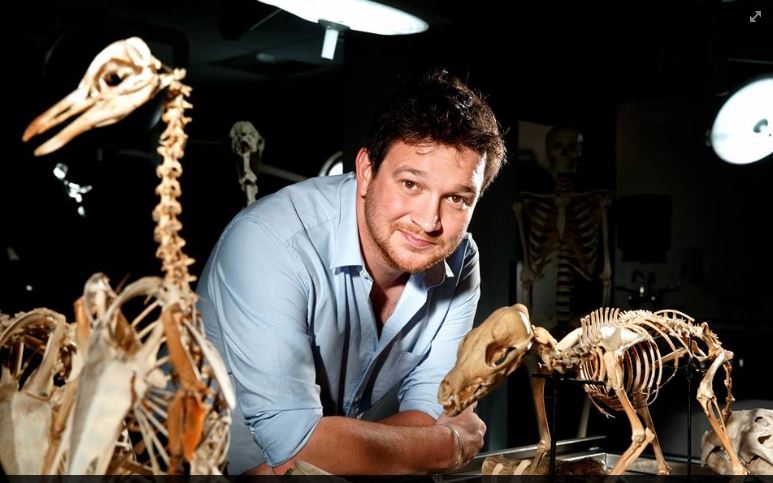The award for ‘most lives saved’ must go to the Atlantic horseshoe crab Limulus polyphemus.
In the 1950s, scientists isolated from its bright-blue blood a clotting agent, coagulogen, that binds to fungi and endotoxins.
This led to a simple, reliable method for detecting impurities in medical equipment and pharmaceutical drugs.
Oxygenated blood is harvested from the pericardium of wild-caught crabs, which are then returned to the sea.
The product is used to test drugs and medical instruments, saving pretty much anyone who has ever received any medical attention (since the 1950s).
